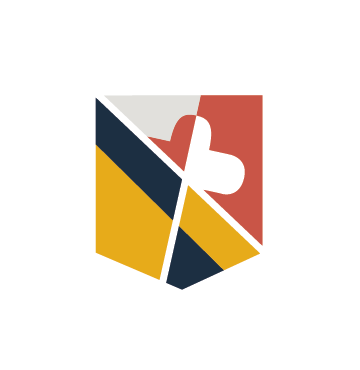Adaptive learning is an educational method which uses computers as interactive teaching devices to orchestrate the allocation of human and mediated resources according to the unique needs of each learner. Computers adapt the presentation of educational material according to students' learning needs, as indicated by their responses to questions, tasks and experiences. The technology encompasses aspects derived from various fields of study including computer science, education, psychology, and brain science.
Most recently, the Kirwan Center sponsored a 1-day virtual conference to explore adaptive tools, entitled, Adaptive Tools for High-enrollment Online Courses: Improving the COVID-19 Learning Experience for Students and Faculty. This convening introduced participants to the ins and outs of adaptive courseware. Sessions included lessons learned from faculty users, vendor demos, “birds of a feather” break-outs by discipline and role, and a closing plenary focused on pedagogical uses of adaptive courseware.







